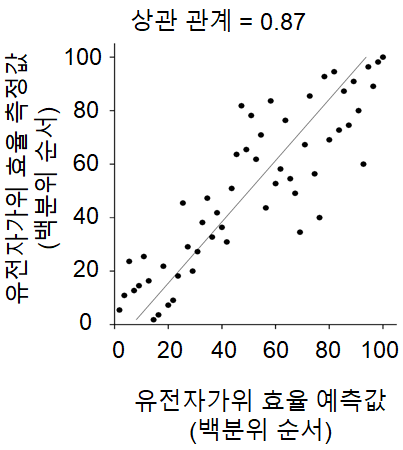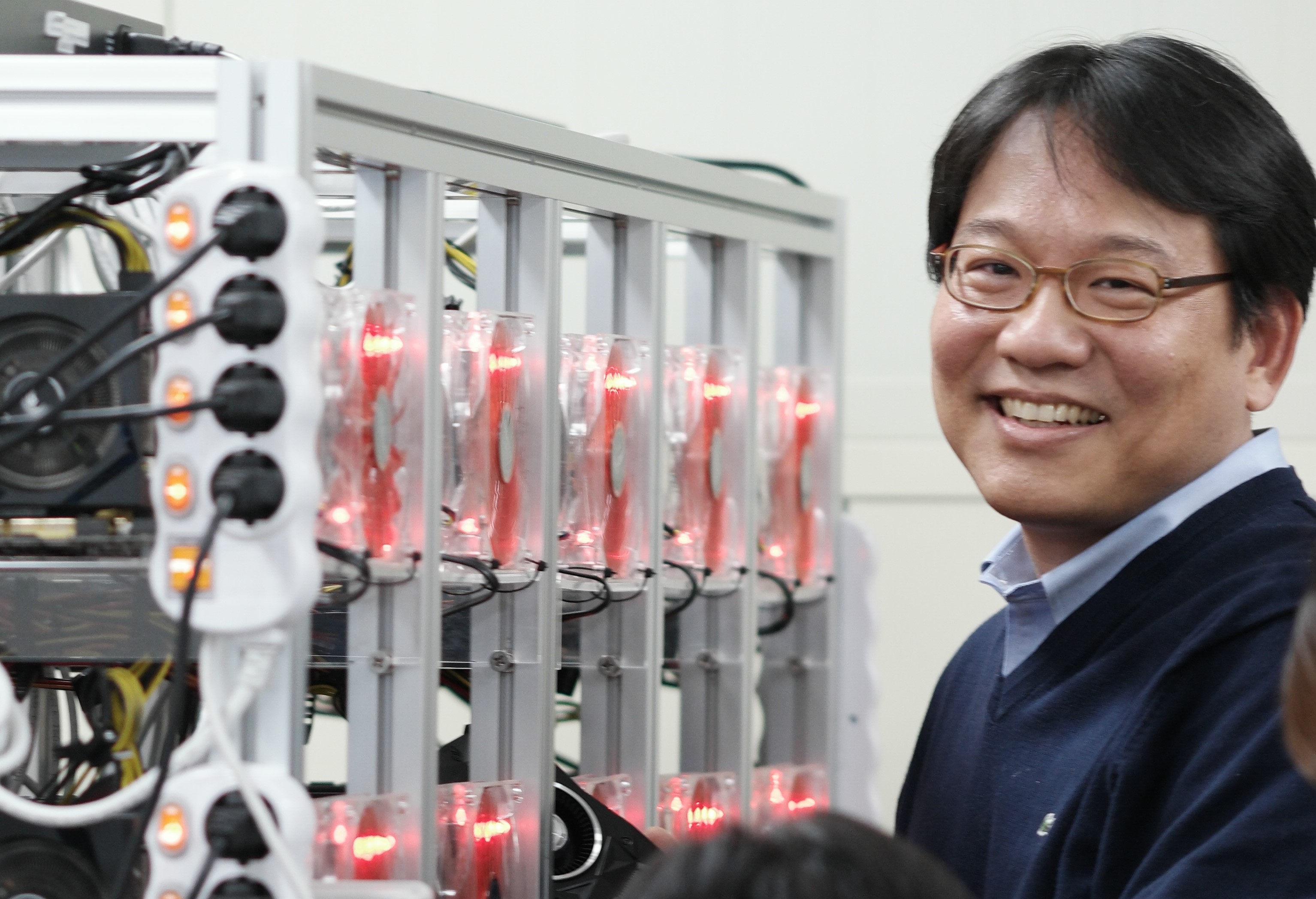- About
- Academics
-
Undergraduate Programs
- Civil and Environmental Engineering
- Architecture and Architectural Engineering
- Mechanical Engineering
- Industrial Engineering
- Energy Resources Engineering
- Nuclear Engineering
- Materials Science and Engineering
- Electrical and Computer Engineering
- Naval Architecture and Ocean Engineering
- Computer Science and Engineering
- Aerospace Engineering
- Chemical and Biological Engineering
-
Graduate Programs
- Civil and Environmental Engineering
- Architecture and Architectural Engineering
- Mechanical Engineering
- Industrial Engineering
- Energy Systems Engineering
- Materials Science and Engineering
- Electrical and Computer Engineering
- Naval Architecture and Ocean Engineering
- Computer Science and Engineering
- Chemical and Biological Engineering
- Aerospace Engineering
- Interdisciplinary Program in Technology, Management, Economics and Policy
- Interdisciplinary Program in Urban Design
- Interdisciplinary Program in Bioengineering
- Interdisciplinary Program in Artificial Intelligence
- Interdisciplinary Program in Intelligent Space and Aerospace Systems
- Chemical Convergence for Energy and Environment Major
- Multiscale Mechanics Design Major
- Hybrid Materials Major
- Double Major Program
- Open Programs
-
Undergraduate Programs
- Research
- Campus Life
- Communication
- Prospective Students
- International Office
Joint Research Team Led by SNU Professor Yoon Sungroh and Yonsei University Professor Kim Hyongbum Develops an AI-Based CRISPR Efficiency Predictor
-
Uploaded by
관리자
-
Upload Date
2018.04.03
-
Views
913
Joint Research Team Led by SNU Professor Yoon Sungroh and Yonsei University Professor Kim Hyongbum Develops an AI-Based CRISPR Efficiency Predictor
- Increased the Precision of CRISPR through Artificial Intelligence (AI)
- Research Findings Published on Prestigious Scientific Journal “Nature Biotechnology”
- Brightened the Prospects of Gene Therapy


▲ SNU Department of Electrical and Computer Engineering Professor Yoon Sungroh (Left),
Yonsei University College of Medicine Professor Kim Hyongbum (Right)
Korean researchers have become the first in the world to integrate Artificial Intelligence (AI) to Clustered Regularly Interspaced Short Palindromic Repeats (CRISPR) for treatment of incurable diseases.
SNU College of Engineering (Dean Cha Kook-Heon) announces on 30th that Professor Yoon Sungyoh (Department of Electrical and Computer Engineering) and Professor Kim Hyongbum (Yonsei University College of Medicine) have developed a new technology that can predict the efficiency of CRISPR. The research findings are published online on the prestigious “Nature Biotechnology (IF41,67)”.
CRISPR-Cpf1 is an artificial enzyme that targets and modifies specific stretches of genetic code by DNA-cutting. The efficiency of CRISPR largely depends on the location of target stretch.
Thus, in order to develop a high-performance CRISPR, selecting a target strand of high cut precision is mandatory. However, the currently available CRISPR efficiency predictors consume immense time and cost just to develop and measure the efficiency of each CRISPR.
Hence, the joint-research team has built the world’s first AI CRISPR efficiency predictor. Researchers have applied the deep learning model through mass data collection of CRISPR efficiency. Criteria like the DNA sequence and structural accessibility of target strand have been considered to further boost the precision of the predictor.
SNU Professor Yoon states, “This development of CRISPR efficiency predictor using AI by the Korean researchers has a great scientific significance. This research finding aims to significantly reduce the labor costs of CRISPR manufacturing and raise industrial competitiveness through rapid enhancement of genome editing technology.”

▲ Mimetic Diagram of CRISPR Efficiency Predictor Technology (Photo Provided by SNU College of Engineering)

▲ Performance Evaluation of CRISPR Efficiency Predictor Developed by the Researchers (Photo Provided by SNU College of Engineering)
* x-axis is the predictive value of AI, y-axis is the measured value obtained through experiment. They show a strong positive correlation of 0.87. Thus this implies that the AI CRISPR Efficiency Predictor has high accuracy.

▲ Professor Yoon Checking the Data Produced by AI Computer (Photo Provided by SNU College of Engineering)